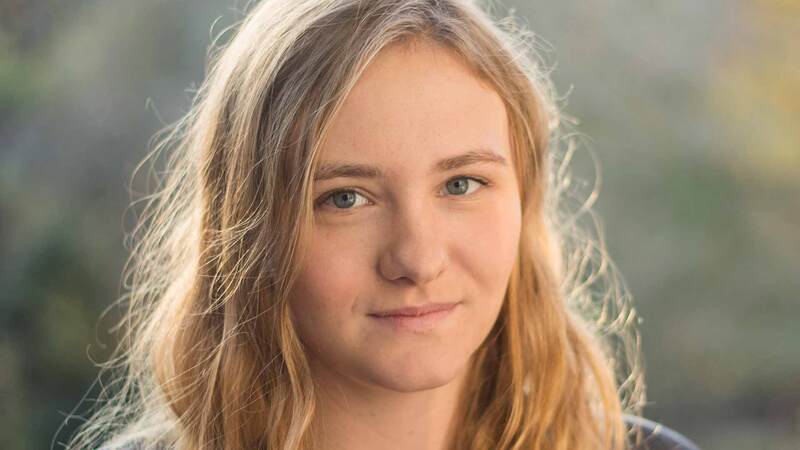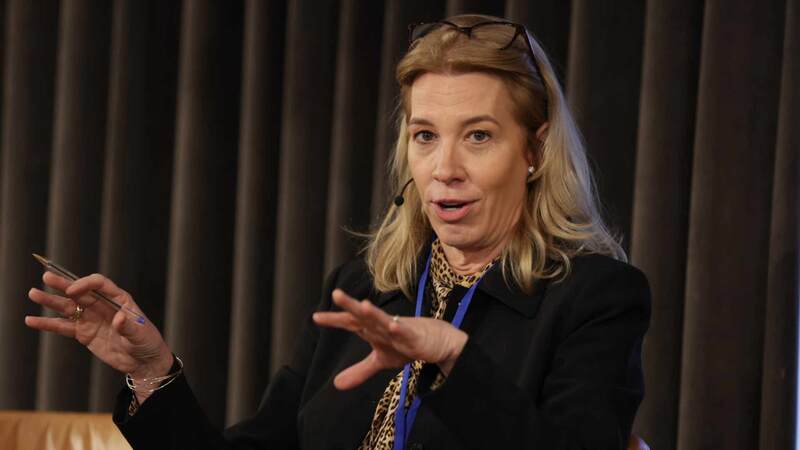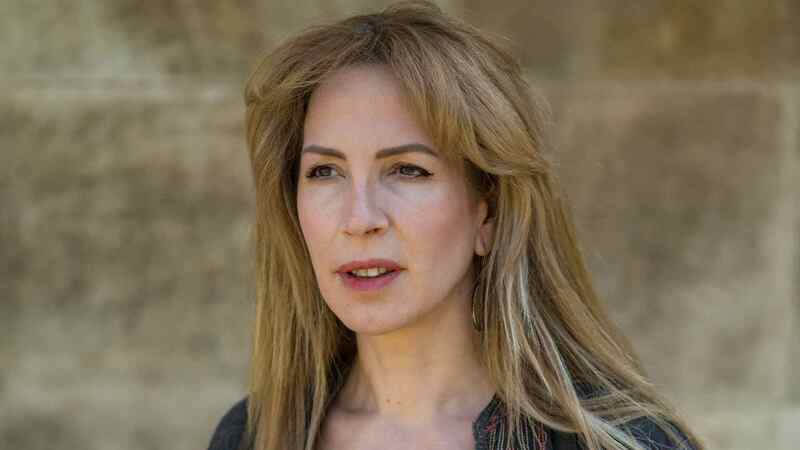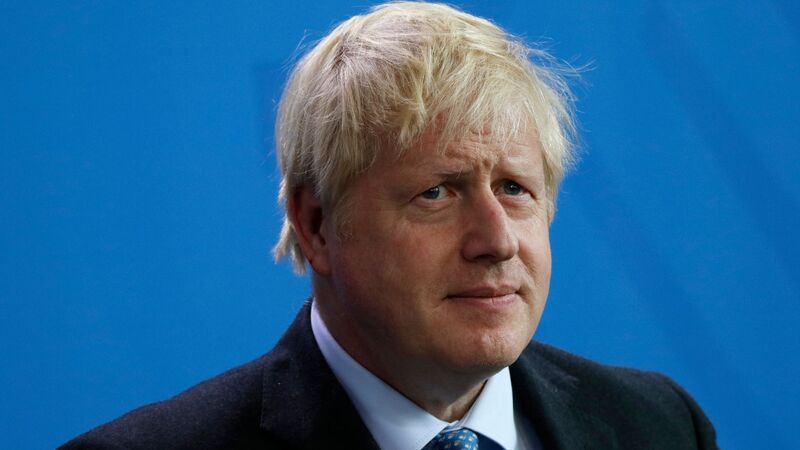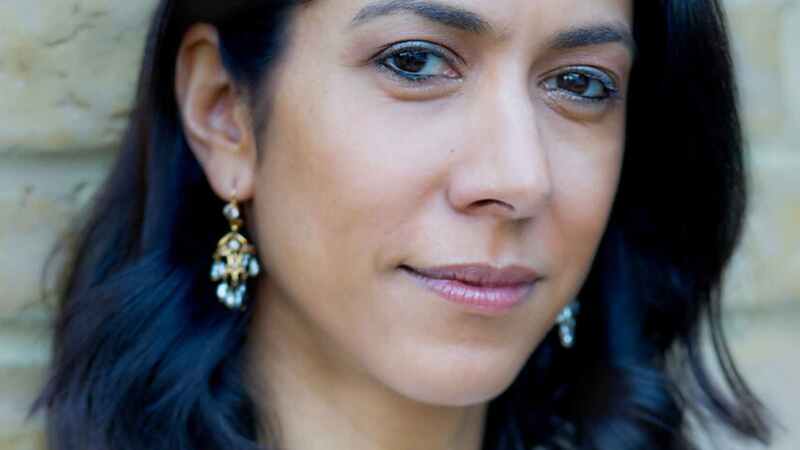You are viewing your 1 free article this month. Login to read more articles.
Prescott wins High Court copyright case brought against her by Pasternak
US author Lara Prescott has won a copyright case brought against her by Anna Pasternak, the great niece of Dr Zhivago author Boris Pasternak.
Pasternak brought a claim in the High Court, alleging seven chapters in Prescott’s book The Secrets We Kept (Hutchinson) infringed copyright in her own book Lara (William Collins). She claimed a substantial part of the selection, structure and arrangement of facts and incidents in her book had been copied by Prescott.
On 25th October, Justice Edwin Johnson dismissed the claims, save for one point concerning the proper acknowledgement of a few lines of a translation of a Russian judge’s publicly available judgment.
Johnson said it was "not surprising" that the sequence of events in each work "follows the same basic chronology" nor that "one finds some of the same details in each work" noting "none of these areas of similarity or overlap seem to me to come anywhere near establishing that the defendant copied the selection of events in the relevant chapters of Lara, or any part of that selection."
He cited case law stating: "The need to prove copying involves showing a design nexus between the defendant’s and the claimant’s works. However it is a mistake to believe that any nexus will do. The law of copyright has never gone as far as to protect general themes, styles or ideas."
Pasternak’s book is a factual account of the real-life inspiration for the character of Lara in Dr Zhivago, who she argued was Olga Ivinskaya, the author’s secret mistress and literary muse. Prescott’s novel uses the Cold War response to the publication of Dr Zhivago as part of its narrative, describing how the CIA smuggled copies of Dr Zhivago into the Society Union after the communist regime banned it.
Prescott said: “I’m very pleased to have been vindicated by the English High Court. The court found zero instances of infringement between my novel, The Secrets We Kept, and Anna Pasternak’s book titled Lara: The Untold Love Story and the Inspiration for Doctor Zhivago. Throughout its judgment, which spans almost 150 pages, the court forensically dissected and then dismantled Ms Pasternak’s claims that The Secrets We Kept infringed the structure, selection and arrangement of her book, finding each and every time that no such infringement occurred.”
She added: “Above all else, this judgment affirms my artistic integrity throughout the years I spent researching, writing, and editing my novel.
“Ms Pasternak launched this lengthy and costly litigation against me knowing my publisher and I would be defending my work. I’m extremely grateful to have had such a steadfast publisher in Penguin Random House and I’m pleased the court saw through Ms Pasternak’s unfounded claims.
“No one gains from unwarranted copyright litigation; it merely threatens to degrade the artistic freedoms we all cherish. I’m relieved that I can now get back to the things which matters most to me: my family and continuing to write my second novel.”
A spokesperson for Penguin Random House UK said the publisher was “delighted” Prescott succeeded in defending the copyright infringement claim.
They said: “Penguin Random House UK has a long and proud history of supporting its authors and we had no hesitation in standing behind Ms Prescott from the outset.
“This ruling is a timely reminder that copyright law exists to protect authors’ rights and creative expression at the same time as enabling writers to draw from the historical record. It does not permit anyone to monopolise historical facts or sources.”








